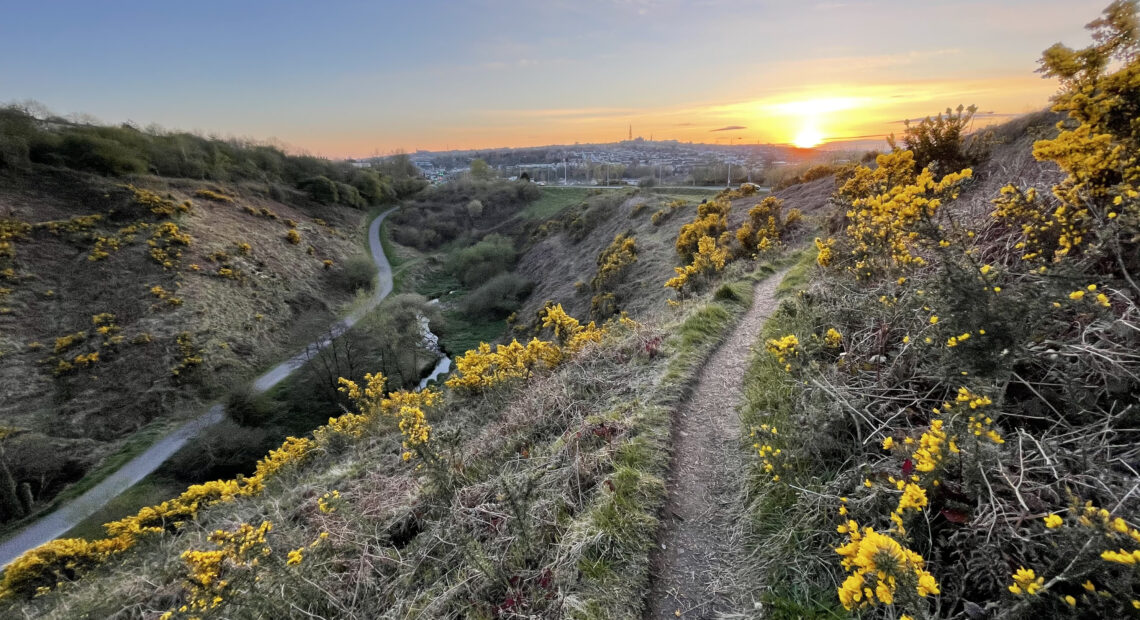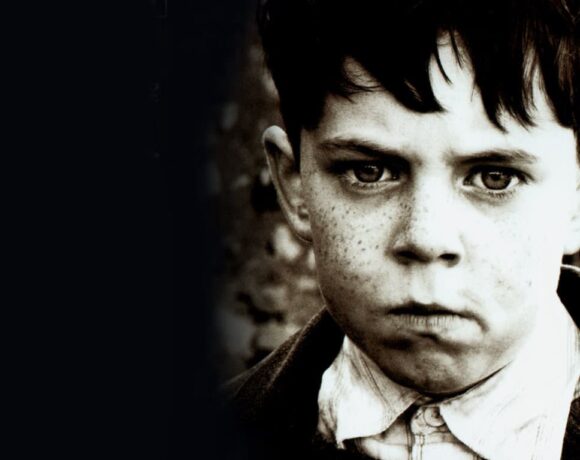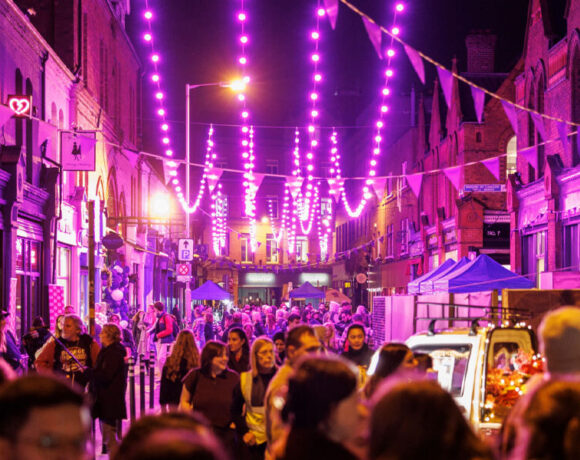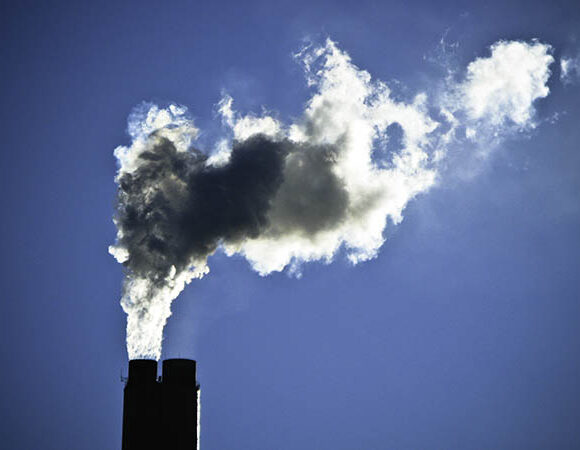A visionary new climate action arts project responding to the ecological, cultural, industrial and historical heritage of Cork’s Glen River Park launches in the city this Friday, September 22nd.
The project titled ‘Gleann a’ Phúca’ – referring to the fact the area was once known as ‘Glen of the Spooks’ – aims to celebrate, protect and improve the water quality of the Glen River as it runs its course across the north side of the city.
Initiated by multidisciplinary Cork based artist, Julie Forrester, and delivered in collaboration with the Glen Resource Centre and the Local Authority Water Programme, the project seeks to raise environmental awareness and promote active citizenship through a programme of creative offerings and activities that nurture a deep and responsible relationship with the park.
Three years in the planning and with combined funding of €56,500 provided by Cork City Council, the Local Authority Water programme, Local Creative Youth Partnership and Creative Climate Action Fund, ‘Gleann a’ Phúca’, will explore the ecology of the valley through up to six artists’ projects over the course of a year.
This Friday’s launch event, which presents ‘The Glen as A Place of Creative Encounter’, will take place in The Glen Resource Centre from 10am – 2pm and is open to anyone who would like to participate in Gleann a Phúca offerings, including education and environmental outreach groups, community groups, youth leaders, local schools and anyone with an interest in The Glen River Park. The event includes a talk and walk in the park with well known Irish biologist, environmental consultant, author, broadcaster and educator, Éanna Ní Lamhna, and the launch of the new expanded edition of The Glen River Hidden Valley Booklet. A workshop led by Artistic Director of Gleann a’ Phúca, Julie Forrester, and Catherine Seale-Duggan of the Local Authority Water Programme, will also take place using the new booklet as a resource.
Commenting on the launch of ‘Gleann a’ Phúca,’ Artistic Director, Julie Forrester, says the project is about connecting to the biodiversity crisis, helping people rethink lifestyles and ensuring a fair and just transition to sustainable stewardship of The Glen River.
Forrester said, “the health of our water is vital to all life, yet in Ireland we take it for granted. The Glen River valley is an urban parkland with deep generational connections in the community due to its unique industrial history and ecology. This ancient glacial valley still bears the scars of its industrial past; human activity continues to influence the water quality and biodiversity in the park, while a natural rewilding is taking place.”
“The human habit of using our waterways as convenient effluent disposers means that The Glen River, which runs its entire 1500 metre course through the North East side of the city, undergoes transformations in colour and odour on a daily basis from building developments in the area, household and other waste. ‘Gleann a’ Phúca’, will explore the ecology of the valley through six artists’ projects which delve into the cultural and industrial heritage of the park, inviting participation in the (re)mapping and creation of new practices which call forth its biodiversity, seeking ways to cultivate new habits in relation to the river and the health of its waters from source to where it enters the Lee.”
The first two of these projects, Ordinary Gifts by visual artist Elinor Rivers, and Spoon and Bloom, by illustrators and animators Annie Mar and Aaron Ross, will commence production following the launch of the project this Friday.
‘Ordinary Gifts’ intends to enable and encourage participants to increase their sensitivity, perception, knowledge and understanding of the life of the river through a series of sensory, creative, science based and celebratory activities spread over the course of one year.
Artist Elinor Rivers said, “ultimately the aim is that people will become advocates for the Glen River and rethink what is discharged from their homes as grey water while becoming more aware of local sources of pollution in the river. We also intend to look at the international movement for the rights of rivers and environmental personhood through the Universal Declaration of River Rights 2017, while also looking at the relationship we have to rivers in Ireland through the lens of mythology and folklore.”
Through their mapping, drawing and storytelling workshops ‘Spoon and Bloom’ is future looking, focussing on positive action, building on our intimate relationship with the topography of the park, its natural heritage and what it can and does mean in our lives. At cross quarterly events, Imbolc, Bealtaine, Lughnasa and Samhain, Spoon and Bloom will conduct excursions in the park, sharing memories and collecting stories along the way. Participants will co-create a living archive about their connections with The Glen. Out of this archive Spoon and Bloom will create an animated map which reveals this multi-layered approach to the park.
A Local Authority Project Grant has also enabled the first iteration of Fuaim Mná, a project by artist Ann Dalton, which gathers stories of the quiet joys the River Park has brought to the lives of the women whose families have grown up in the area. These will form an audio trail along the walkways between the bridges of the River. Pending further funding the second iteration will include a younger generation looking to the present and the future of the park.
Additional funding also hopes to see the roll out of projects by musician Brian Leach, sculptor Tom Doig and artists Sinead Macken and Tony Magner.
Summarising the ambitious and visionary project, Julie Forrester said, “by acknowledging the role of the river in Cork’s industrial and cultural heritage, Gleann a’ Phúca aims to promote a culture of reciprocity and advocacy for the river in the face of the accelerating Climate Climate Crisis. Gleann a’ Phúca has been in planning for three years now and we are ready to test the waters.”













